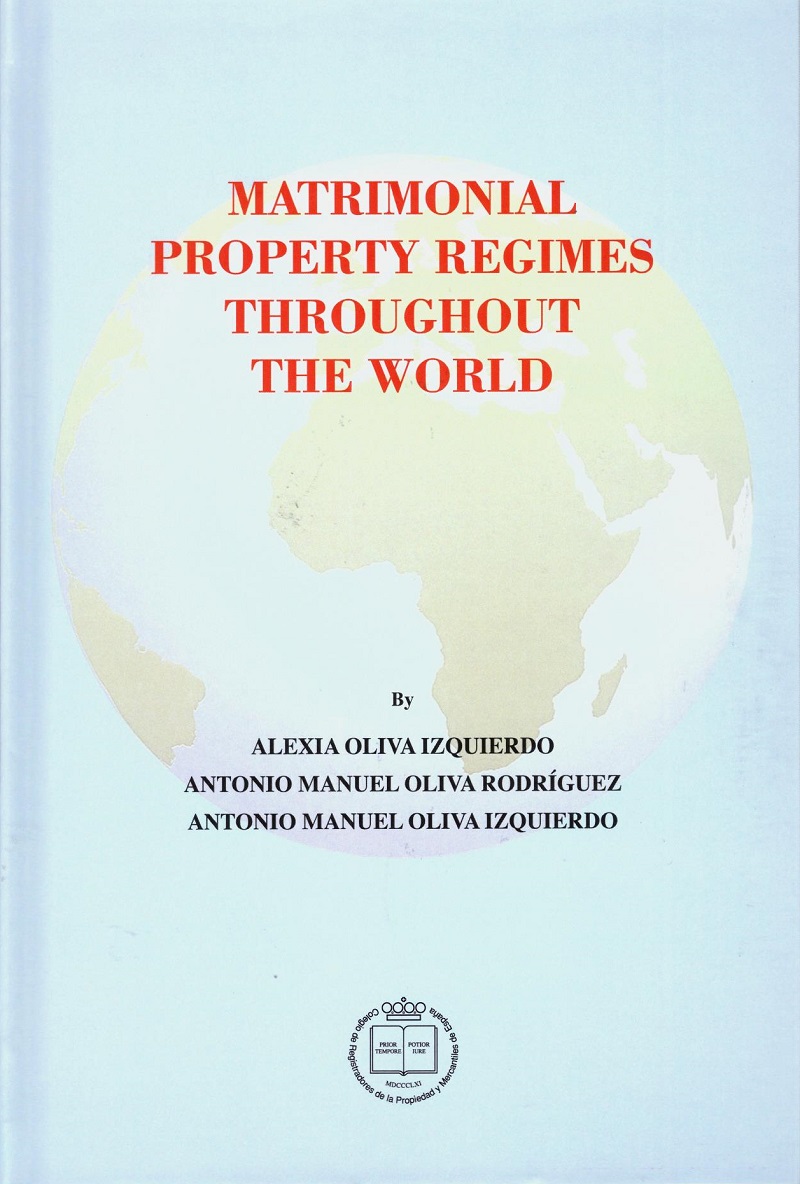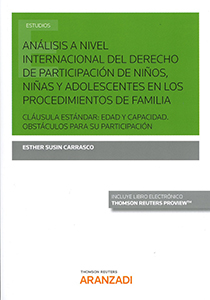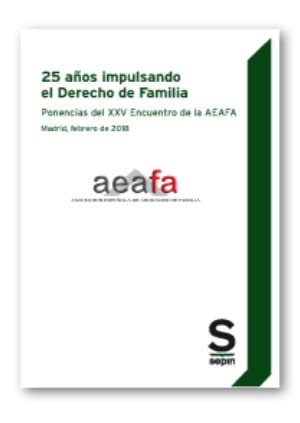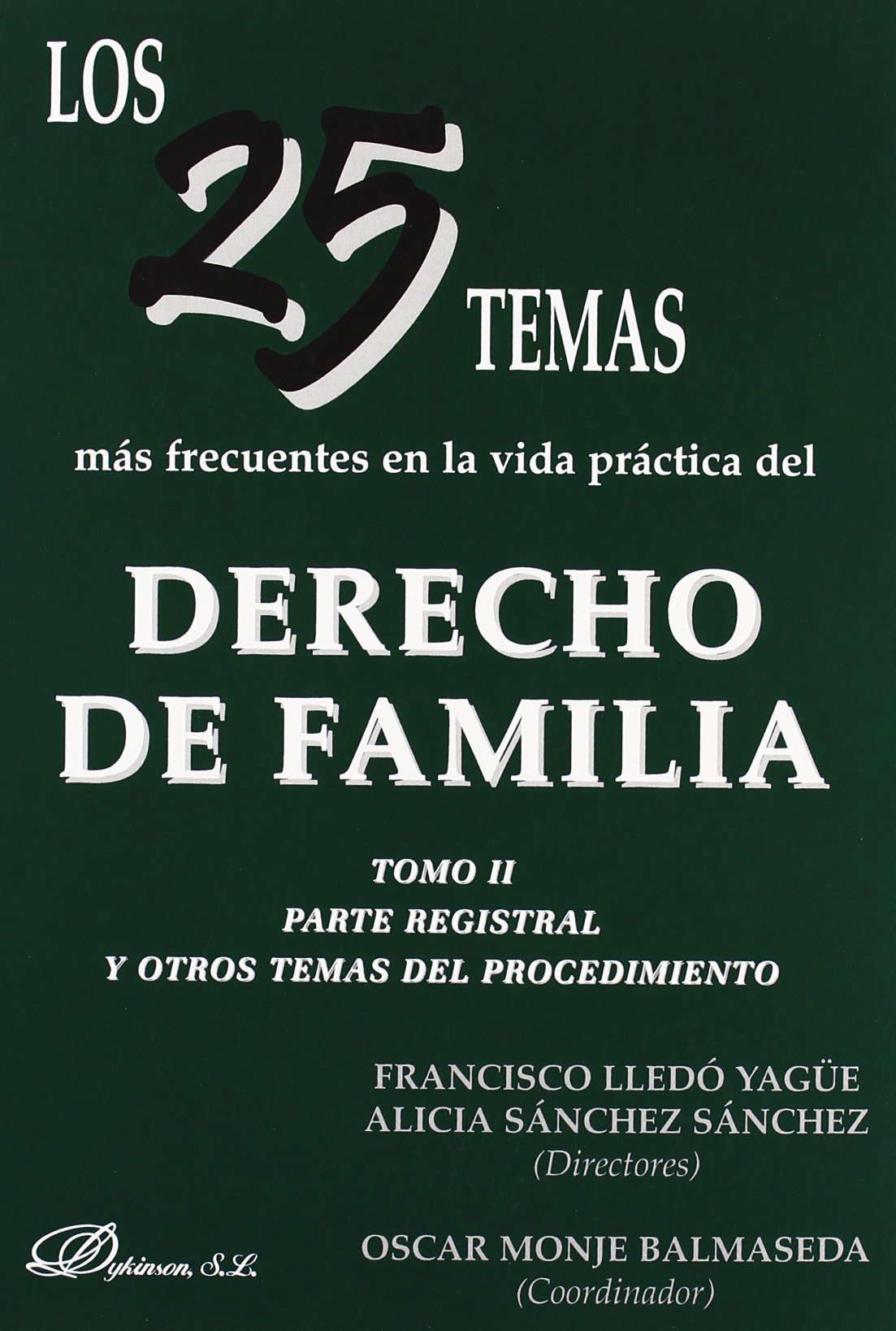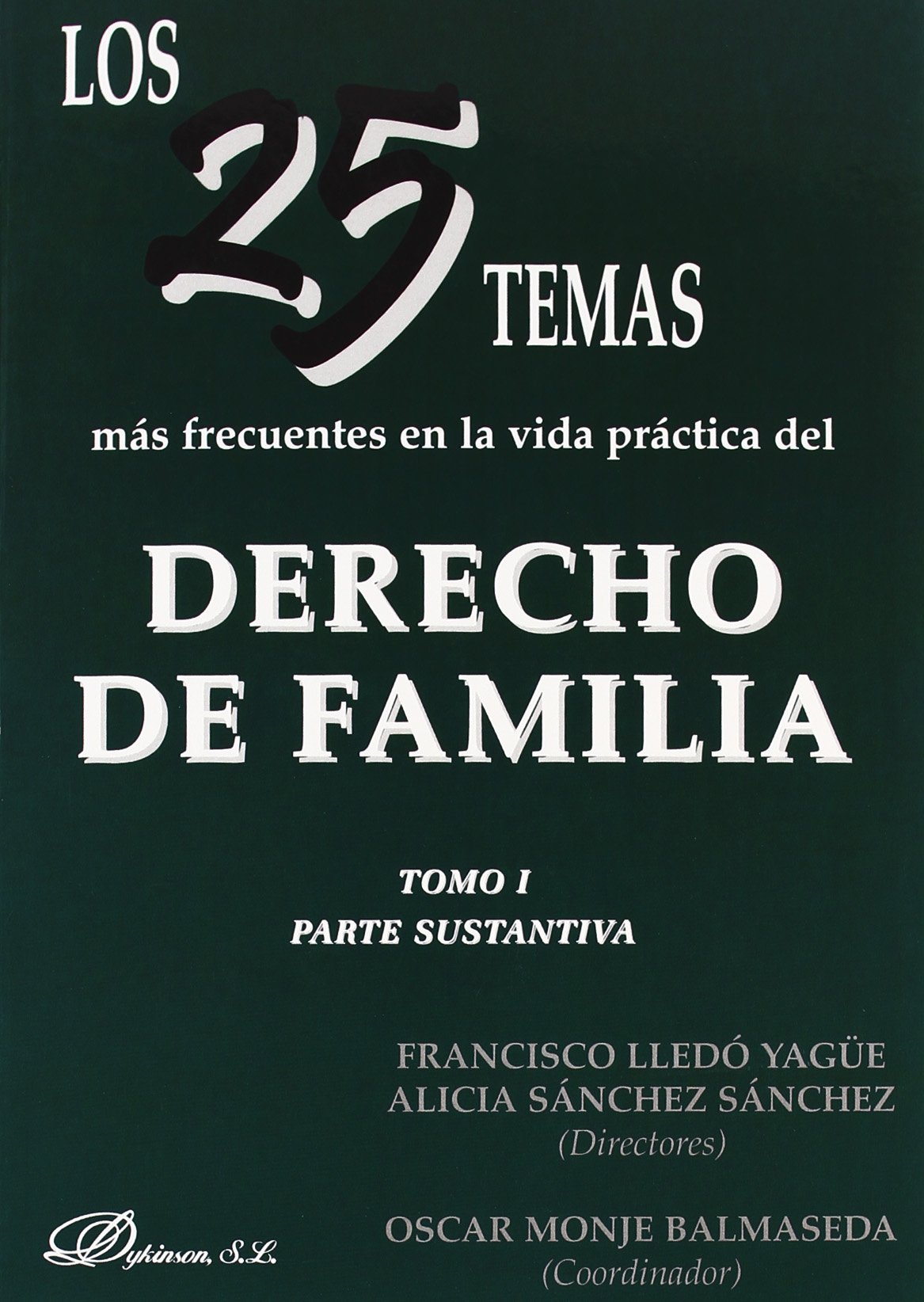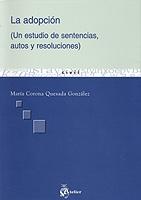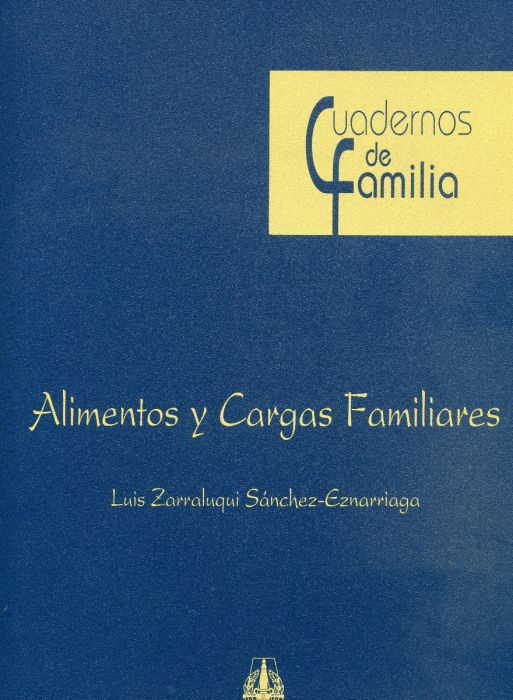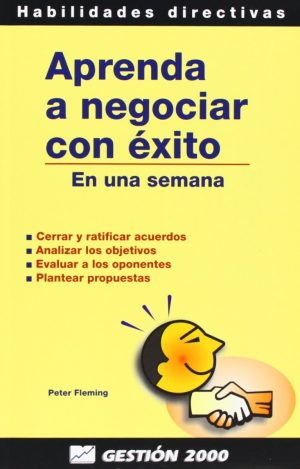Matrimonial Propery Regimes throughout the World comprises an up to date, detailed and complete versión of each matrimonial regime thats exists worldwide. These are analysed on a country-by-country basis and, whenever relevant, with reference to the specific matrimoial property regimes of the correspondig autoomous regions, provinces or federates states, if they feature any particular son the matter wittin their political and administrative structures.
There are therefore many specifics covered since the descriptions feature not only the first statutory regime of each of the 194 independent countries in the world, but also the other systems existing therein, such as optional or second statutory supplementary regimes.
The book also covers other relevant matters, including details about the political and constitutional regime of each country, characteristics of assets, liabilities and powers of management of property which is subject to a matrimonial regime, changes to the regime, grounds for its dissolution and method of its liquidation. Lastly, each country’s review concludes with a list of bibliographical resources to which the reader may refer for an indepth review of the matter.
Matrimonial Property Regimes throughout the World has a clear commitment to universality, not only because of its rigorous and detailed analysis of the matrimonial regimes of the countries under review, but also because it presents the most updated and complete analysis of the matter, of indisputable practical value: in a world with an increasing movement of persons and capital, the detailed information about matrimonial regimes provided in this work becomes an essential tool in the field of Private International Law.
Presentation
Prologue
Introduction
1. Afghanistan
2. Albania
3. Algeria
4. Andorra
5. Angola
6. Antigua and Barbuda
7. Argentina
8. Armenia
9. Australia
10. Austria
11. Azerbaijan
12. Bahrain
13. Bangladesh
14. Barbados
15. Belarus
16. Belgium
17. Belize
18. Benin
19. Bhutan
20. Bolivia
21. Bosnia and Herzegovina
22. Botswana
23. Brazil
24. Brunei
25. Bulgaria
26. Burkina Faso
27. Burundi
28. Cambodia
29. Cameroon
30. Canada
31. Cape Verde
32. Central African Republic
33. Chad
34. Chile
35. China
36. Colombia
37. Comoros
38. Congo
39. Costa Rica
40. Croatia
41. Cuba
42. Cyprus
43. Czech Republic
44. Democratic Republic of Congo
45. Denmark
46. Djibouti
47. Dominica
48. Dominican Republic
49. East Timor
50. Ecuador
51. Egypt
52. El Salvador
53. Equatorial Guinea
54. Eritrea
55. Estonia
56. Ethiopia
57. Fiji
58. Finland
59. France
60. Gabon
61. Georgia
62. Germany
63. Ghana
64. Greece
65. Grenada
66. Guatemala
67. Guinea
68. Guinea-Bissau
69. Guyana
70. Haiti
71. Honduras
72. Hungary
73. Iceland
74. India
75. Indonesia
76. Iran
77. Iraq
78. Ireland
79. Israel
80. Italy
81. Ivory Coast
82. Jamaica
83. Japan
84. Jordan
85. Kazakhstan
86. Kenya
87. Kiribati
88. Kuwait
89. Kyrgyzstan
90. Laos
91. Latvia
92. Lebanon
93. Lesotho
94. Liberia
95. Libya
96. Liechstenstein
97. Lithuania
98. Luxemburg
99. Macedonia
100. Madagascar
101. Malawi
102. Malaysia
103. Maldives
104. Mali
105. Malta
106. Marshall Islands
107. Mauritania
108. Mauritius
109. Mexico
110. Micronesia
111. Moldova
112. Monaco
113. Mongolia
114. Montenegro
115. Morocco
116. Mozambique
117. Myanmar/Burma
118. Namibia
119. Nauru
120. Nepal
121. Netherlands
122. New Zealand
123. Nicaragua
124. Niger
125. Nigeria
126. North Korea
127. Norway
128. Oman
129. Pakistan
130. Palau
131. Panama
132. Papua new Guinea
133. Paraguay
134. Peru
135. Philippines
136. Poland
137. Portugal
138. Qatar
139. Romania
140. Russia
141. Rwanda
142. Samoa
143. San Marino
144. Sao Tome and Principe
145. Saudi Arabia
146. Senegal
147. Serbia
148. Seychelles
149. Sierra Leone
150. Singapore
151. Slovakia
152. Slovenia
153. Solomo Islands
154. Somalia
155. South Africa
156. South Korea
157. South Sudan
158. Spain
159. Sri Lanka
160. St Christopher and Nevis
161. St Lucia
162. St Vincent and the Grenadines
163. Sudan
164. Suriname
165. Swaziland
166. Sweden
167. Switzerland
168. Syria
169. Tajikistan
170. Tanzania
171. Thailand
172. The Bahamas
173. The Gambia
174. Togo
175. Tonga
176. Trinidad and Tobago
177. Tunisia
178. Turkey
179. Turkmenistan
180. Tuvalu
181. Uganda
182. Ukraine
183. United Arab Emirates
184. United Kingdom
185. Uruguay
186. USA
187. Uzbekistan
188. Vanuatu
189. Vatican City
190. Venezuela
191. Vietnam
192. Yemen
193. Zambia
104. Zimbabwe
Conclusion: How is the concept of the matrimonial property regime evolving
General bibliography
Annex I: List of matrimonial property regimes by country
Annex II: List of matrimonial property regimes by region
Alexia Oliva Izquierdo, holder of a Law degree from the comillas Pontificial University, is a Spanish diplomat since 2010. Author of other publications, such as the article entitled “Jusridiction immnunity in the Spanish Labour Law: its relation to Article 7 de the Vienna Convention of 1961”, she was parte of the International Legal Department of the Ministry of Foreign Affairs and Cooperation foro ver six years. At present, she is posted in Brussels as a Seconded National Expert in the European External Action Service.
Antonio Manuel Oliva Rodríguez, earned his Law degree, with Disctintion, from the Unniversity of Deusto. Author of numerous publications, such as “The Return to Mortgage Principles”, Thoughts on the Legality Principle”m “Profle of the Notary body and the Property Registry Institution in Spain: its influence on America” or “Thoughts about the Resolutory Condition and the Property Registry”, among others, he joined the Association of Property, Mercantile and Personal Property Registrars of Spain in 1974 and subsequently, the Association of Notaries in 1975. He currently practices as Property Registrar in Registry Nº 1 of Madrid.
Antonio Manuel Oliva Izquierdo, holds a degree in Law, with Distinction, from the Comillas Pontifical University. Autor of other publicaitons, such as the article entitled “About the Year of Title Separation in Double Public Transfer Title Registration” and the book entitled “The New Registry-Cadastre Coordination”, he joined the Association of Property, Mercantile and Personal Property Registrars of Spain in 2014 and currently practices as Property Registrar in Verín-viana do Bolo (Orense).

